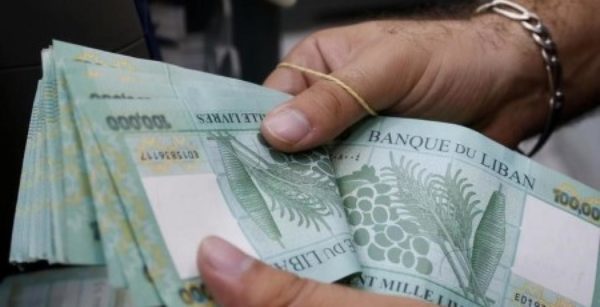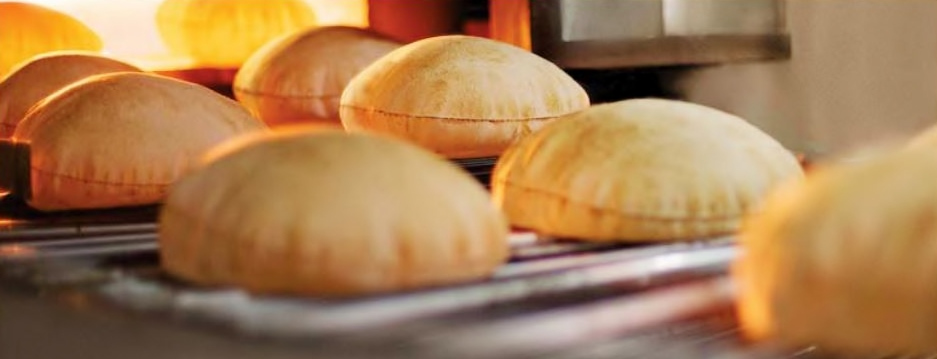
Lebanon’s caretaker government agreed on Tuesday that subsidies on bread and essential medicine should be kept, as the country’s financial meltdown sends poverty and inflation soaring.
At a meeting on subsidy rationing with the central bank governor and an advisor to the president, ministers pledged to draft a plan within a week that would help cut spending while keeping support for some basic goods.
With foreign reserves dwindling fast and an end to subsidies looming, Lebanon’s leaders have yet to make any substantive moves towards a plan to back imports or help the country’s most vulnerable.

Politicians have bickered for months over the formation of a new government as Lebanon hurtles towards what U.N. agencies have warned will be “a social catastrophe”.
A statement from Caretaker Prime Minister Hassan Diab’s office said attendees had agreed at Tuesday’s meeting to study means for reducing the oil bill and providing ration cards.
The crisis has already doomed at least half the population to poverty.
A COVID-19 surge and the huge blast at Beirut port, which killed 200 people in August and prompted the cabinet to resign, have piled hardship on the Lebanese.
Comments about the removal of subsidies have triggered panic buying in recent months, raising fears of food shortages and growing hunger.
Governor Riad Salameh said last week the central bank could only keep subsidies for two more months.
As dollar inflows dried up, the central bank has drawn on already critical foreign reserves to subsidise three key commodities – wheat, fuel and medicine – and a basket of basic goods. The central bank has provided hard currency to those importers at the old peg of 1,500 Lebanese pounds to the dollar as the currency crashed by nearly 80% since last year.
Critics, including the World Bank last week, have blamed the ruling elite for failing to chart a path out of the crisis since it erupted more than a year ago.
REUTERS

Leave a Reply
You must be logged in to post a comment.